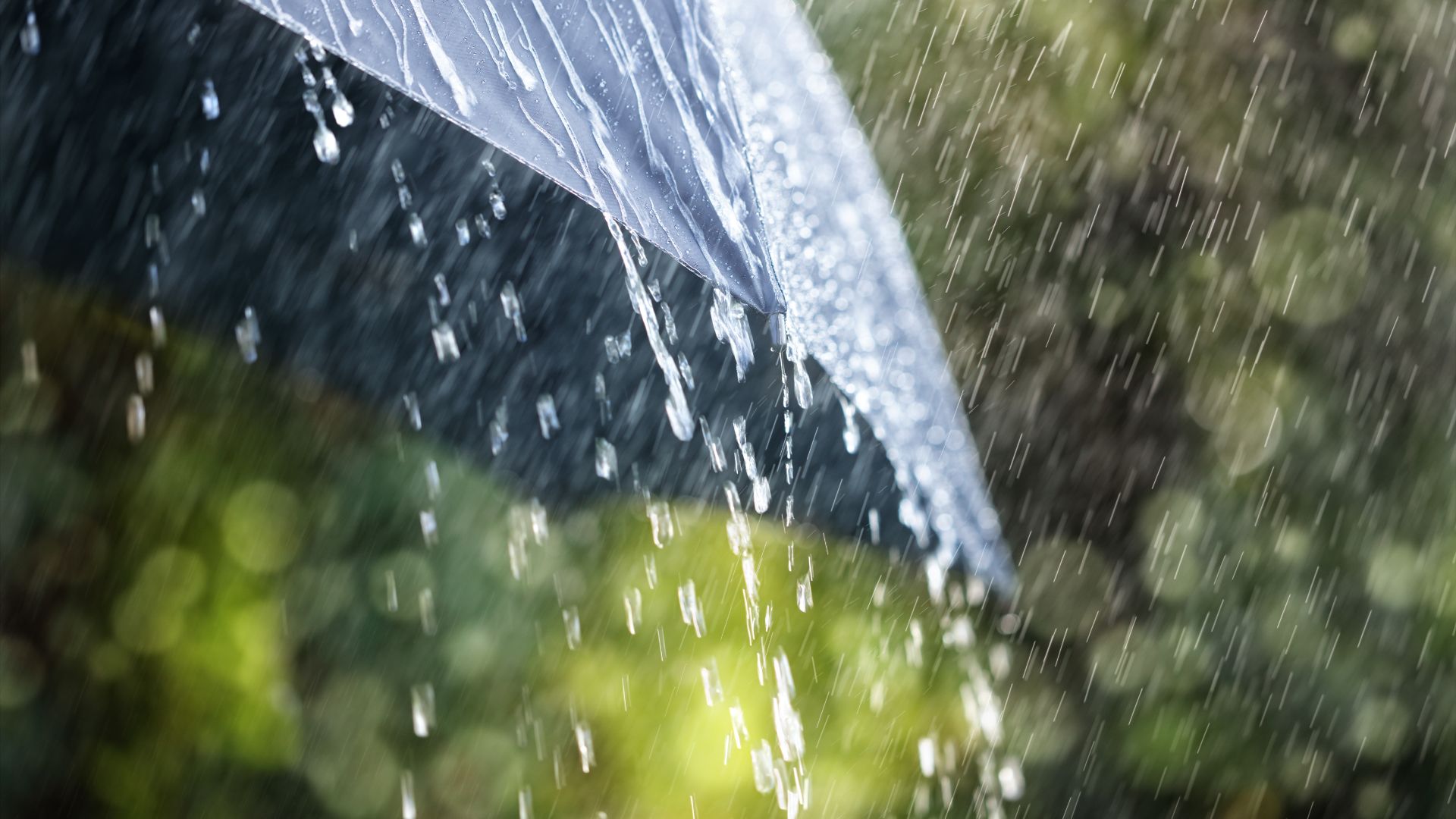It’s been raining in Manila and nearly every place in the Philippines as the rainy season has already begun, but this doesn’t stop most Filipinos from getting their chores and work done.
Despite the heavy rains, there are still many people walking in the streets to do their business or get to the terminals, even if there are floods they have to wade through.
Considering this scenario, it makes Filipinos more vulnerable to diseases brought on by heavy rains, such as leptospirosis.
Leptospirosis is a bacterial infection that is spread by infected animals through their urine. When they pee, the bacteria get into the water or soil and can stay there for months. It is commonly found in cows, pigs, horses, dogs, and rodents like mice and rats.
To prevent leptospirosis and keep yourself safe during the rainy season, here are four steps you can follow.
1. Don’t wade, swim, or put your head in floodwaters

Floodwaters are the best place that can be contaminated with trash, dead animals, and other waste, so it’s advisable to avoid wading through them or swimming in them.
Aside from leptospirosis, floodwaters cause other diseases. The same thing goes for freshwater after heavy rain; it might contain high levels of bacteria that can put our health at risk.
2. Wear protective clothing and cover cuts and wounds with waterproof bandages or dressing

There are times when it’s unavoidable to wade in floodwaters, especially in the Philippines, so the best thing we can do is to wear protective clothing like gumboots or rain boots and cover our cuts and wounds because they are more likely to get infected if left unattended.
In case your feet were dipped in the floodwaters, you must clean them thoroughly with soap and disinfect them with alcohol to make sure that they are clean and safe from possible diseases.
3. Boil or use an appropriate chemical treatment for your drinking water

Leptospirosis is not just caught in the streets or other areas; it could be contracted in our very own homes as well.
To keep our families safe, we could boil the water before drinking or using it, or we could get rid of any undesired compounds by using a water filter.
We could also secure our safety by using pest control if we have rodents at home or in the surrounding area.
4. Avoid swimming and touching freshwater that might contain animal urine

Rivers, streams, ponds, lakes, and other freshwaters in warm environments might contain animal urine, especially if the area is unguarded or unprotected, so it’s best to avoid it. You can also opt for a beach or a swimming pool to avoid taking risks.
Be careful with what you are touching, whether you are hiking, at a farm, or in a typhoon-prone area, because you might get in touch with contaminated soil or freshwater without knowing. Always be cautious of your surroundings, especially if it’s raining.
With the recent forecasts nationwide, the country will have to expect more typhoons. To be prepared and stay healthy during these times, we must stay alert and vigilant about the things that we do during the rainy season.









